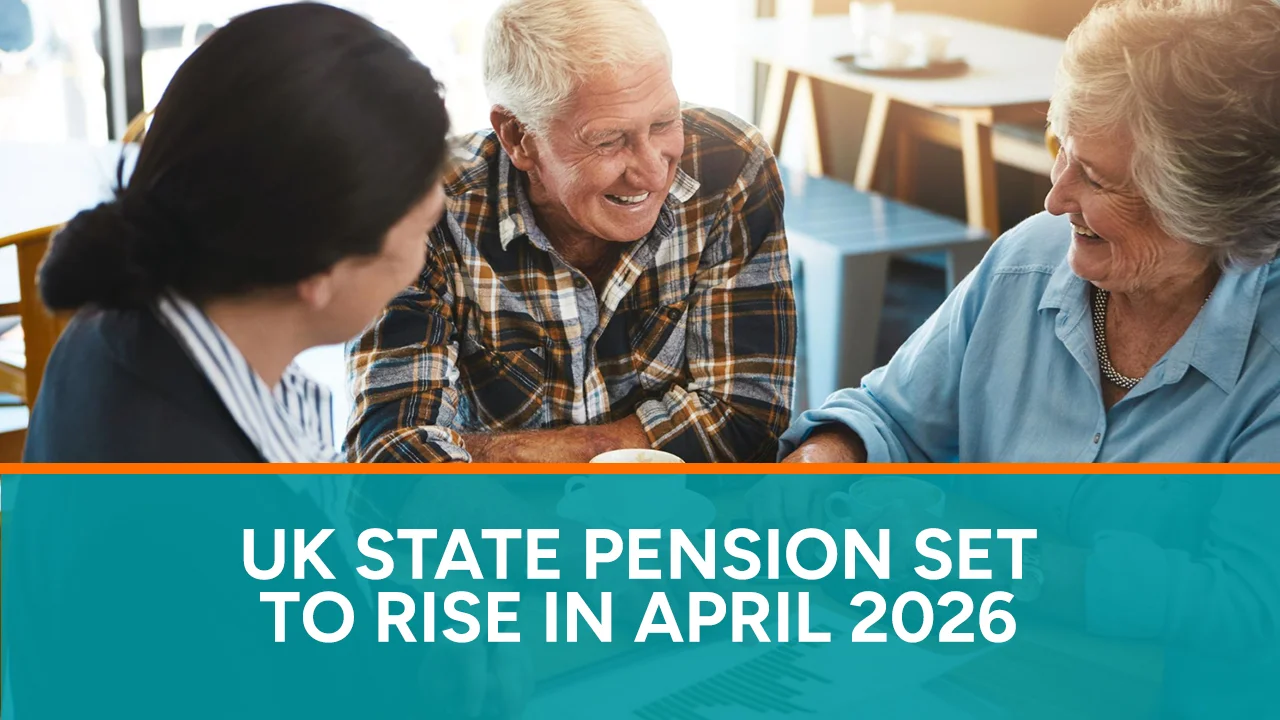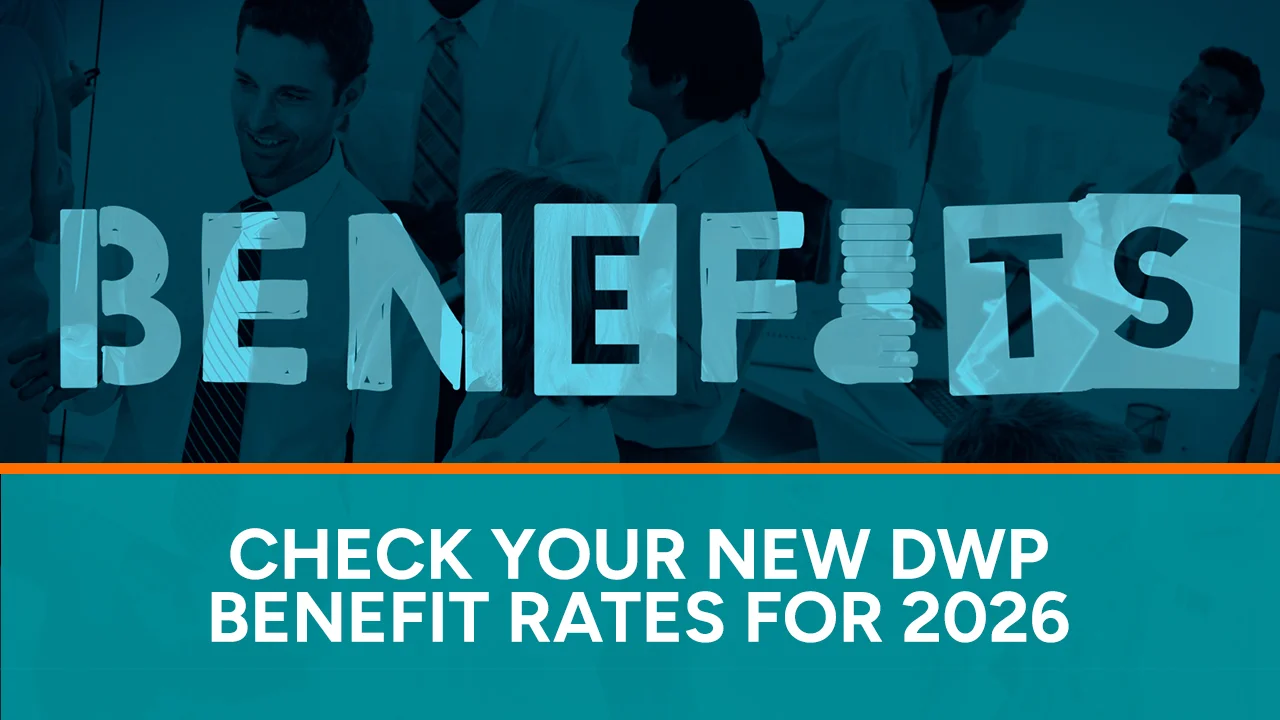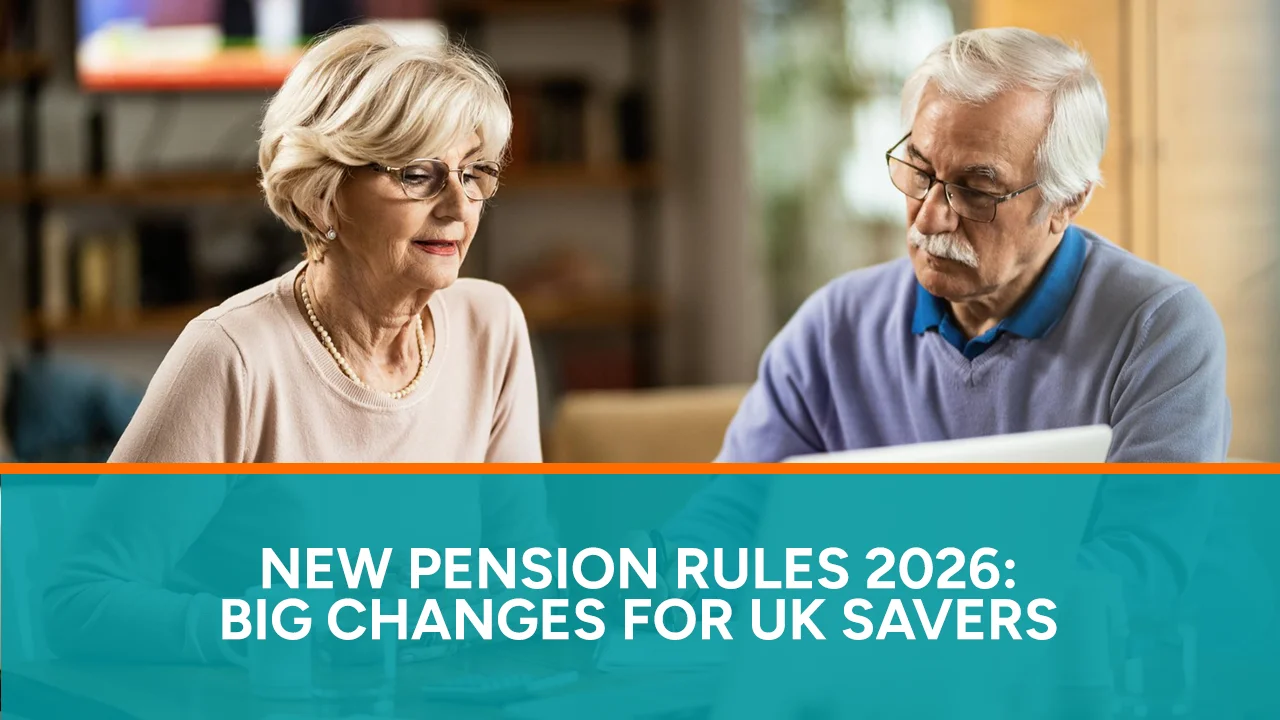Across the UK, many families are struggling with high food prices, rising energy bills, and ongoing inflation. Households from London to Doncaster are finding it hard to pay for everyday needs.
This July offers an important opportunity for help. The Household Support Fund in July 2025 can provide up to £300 to assist with living costs. This fund aims to ease your burden, whether you need support for groceries, energy, or other essentials.
You don’t need to be on benefits to qualify for this fund. Anyone who is vulnerable or having trouble affording basics may be eligible. This opens the door for thousands of households to receive help they might have missed before.
If you haven’t checked if you qualify, now is a great time. Each council has different rules and deadlines, so don’t wait; apply for Household Support Fund assistance before applications close.
What Is the Household Support Fund July 2025?
The Household Support Fund July 2025 is a government program that helps people with the rising costs of daily life. The Department for Work and Pensions (DWP) runs this program, distributing funds to local councils in England. Each council decides how to best support its residents.
Councils can use this money to give cash payments, supermarket vouchers, or help with energy bills. Since every community faces different challenges, councils can create their own support plans.
This means each council has different rules, payment amounts, and deadlines. For example, Doncaster Council offers up to £300 for families to help with food and household needs. Families with three or more children receiving Child Benefit may qualify for the full amount. In contrast, Manchester City Council gives a one-time payment of £130 to households on Council Tax Support and certain disability benefits.
This flexibility allows more households to receive specific support, but you need to check your local council’s program closely. Whether you live in London, Birmingham, or Doncaster, start by finding out what help is available in your area and how to apply.
How Much Can You Get? Examples from Councils
The Household Support Fund in July 2025 has different claim amounts depending on where you live. Each council decides how much help to give based on their budget and local needs.
For example, Doncaster Council offers generous payments. Families with three or more children receiving Child Benefit can get up to £300. Families with one child can receive £100, and those with two children may get £200. Doncaster also provides an extra £100 for energy bills if you qualify for Housing Benefit, a Council Tax reduction, or certain benefits.
In contrast, Manchester City Council has a different program. Households that receive Council Tax Support and a qualifying disability benefit, like Disability Living Allowance or Personal Independence Payment, will get a one-time payment of £130. While this amount is lower than Doncaster’s, it still helps families facing higher living costs.
These differences show why it’s important to check your local council’s website or call them. Each council uses the Household Support Fund differently, with its own rules, payment times, and amounts. Knowing your local scheme is the first step to getting the help you deserve.
Do You Need to Be on Benefits?
Many people mistakenly believe that you need to be on benefits to qualify for the Household Support Fund in July 2025. This is not true. You don’t need to receive Universal Credit, Housing Benefit, or any other means-tested support to get help with living costs.
The government wants this funding to help anyone who is vulnerable or struggling with essential expenses. This includes full-time workers who can’t make ends meet, pensioners on fixed incomes, and families facing high rents and energy bills.
This is particularly important in places like London, where budgets are very tight. Even if you are just managing financially, you may still qualify for support. Councils understand that many people struggle between relying on benefits and being self-sufficient, so this scheme aims to help those in between.
If you have hesitated to apply because you think you won’t qualify, it’s time to think again. You might be eligible for up to £300 from your local council. Checking your council’s website could lead you to important support that can help you manage your expenses.
How to Apply for Household Support Fund
Applying for the Household Support Fund in July 2025 is easier than you might think. You don’t need to deal with lots of paperwork or spend a long time on the phone. Usually, you can complete the process online in just a few minutes.
Here are three simple steps to get started:
- Find Your Council’s Scheme: Start by visiting your local council’s website. Search for “Household Support Fund July 2025” or look under sections like “Benefits and Support.” Each council has a page explaining who can apply and how to do it.
- Check Your Eligibility: Next, check if you qualify. Each council has different rules. For example, the support from Doncaster Council differs from what is available in Manchester, Birmingham, or London. Some councils may require you to have children, while others focus on low-income or specific benefits. Even if you think you might not qualify, it’s worth checking — you may be eligible without knowing it.
- Submit Your Application: If you meet the criteria, go ahead and apply. Many councils offer an easy online form where you can upload proof of your income or household situation. In some areas, payments are automatically sent to households that qualified in earlier rounds. Ensure your bank details are current to avoid delays.
If you feel confused or aren’t sure what documents you need, don’t worry. The team at Clarkwell & Co.’s Property Tax Accountants London can help you prepare the paperwork and guide you through the process.
Applying early gives you the best chance to receive cost-of-living support before funds run out, so don’t wait until the last minute.
When Will You Get the Payment?
After you apply, you may wonder when you will get the money. The timing of your Household Support Fund payment in July 2025 depends on your local council and the type of help you qualify for.
For example, Doncaster Council has set clear payment dates. Food Payments will start showing up in bank accounts around July 15, 2025. This money helps families buy essential groceries during the summer when prices often rise. Energy Support payments are expected by December 15, 2025, to help households prepare for higher winter heating bills.
If you live in a different council area, your payment dates may vary. Some councils pay everything at once, while others spread payments over several months. Check your council’s website or contact their customer service to find out when to expect your funds.
Make sure your details are current. If you changed your bank account or moved since your last payment, inform your council right away. This helps avoid delays or issues with sending money to an old account.
Lastly, some councils still send cheques instead of making bank transfers. If you want your payment directly in your account, ask if you can update your details. Taking these steps now can make the process smoother later on.
Why Councils Give Different Amounts
Many people wonder why payments from the Household Support Fund in July 2025 differ between areas. For instance, Doncaster Council offers up to £300 for households, while Manchester City Council gives a one-time payment of £130.
This difference may seem confusing or unfair, but it stems from local discretion. The Department for Work and Pensions (DWP) provides funds to each local authority, and councils decide how to spend this money based on their community’s needs.
This flexibility helps councils address local issues. In parts of London, high rents strain household budgets, so councils there may focus more on rent support or council tax help instead of food vouchers. Other councils, like Doncaster, may prioritise support for families with children or assistance with energy bills in winter.
While these differences might seem inconsistent, they aim to ensure funding is used where it’s needed most. If you’re uncertain about how these variations affect your finances or want to understand your options better, consider speaking with a professional.
At Clarkwell & Co., our Budgeting and Forecasting team in London helps households create realistic financial plans that include all types of support, from local council payments to tax considerations. With our expert guidance, you can feel more confident managing your budget, no matter where you live.
Tips for Making the Most of Your Support Payment
When you receive your £300 cost of living payment from UK councils, it can be a big relief. This money is meant to help you manage essential expenses for your household.
Before you spend it all, take a moment to think about how to use it wisely. Here are some smart tips:
- Prioritise Essentials: Focus on paying for the most important costs first, like rent, utility bills, council tax, and food. Covering these basics can help you avoid late fees and extra stress later.
- Save for Emergencies: If possible, set aside a small amount of the payment for unexpected expenses. Even saving £20 or £30 can help if something urgent comes up, like a broken boiler.
- Consult a Financial Adviser: If you’re unsure how to use the funds, consider talking to a financial adviser. At Clarkwell & Co., our team can help you create a budget that works for the long term. They can guide you on where to spend, save, and plan ahead.
Remember, the Household Support Fund aims to provide more than just temporary relief; it’s meant to help you feel more secure in the coming months. With a thoughtful plan, your payment can make a real difference.
Act Now Before the Deadlines Close
Remember that the Household Support Fund in July 2025 has different deadlines and rules for each council. In some areas, payments will be sent automatically to households that received help last time. However, in many places, you need to apply, sometimes as early as mid-July.
If you delay or think you don’t qualify, you might miss out on hundreds of pounds that could help with essentials like food, heating, or rent. Even if you’re unsure about meeting the criteria, it’s worth checking. More households can now get cost-of-living support without needing benefits.
If you wait too long, funding may run out, or deadlines may pass. Councils have a limited amount of money, and once it’s gone, it’s gone. That’s why acting now is important.
Don’t let doubt or hesitation prevent you from getting support. Visit your local council’s website today to find out what to do and submit your application. If you know friends, neighbours, or family who might qualify, share this guide with them so they don’t miss out, either. A small step now can greatly help your household budget later.







